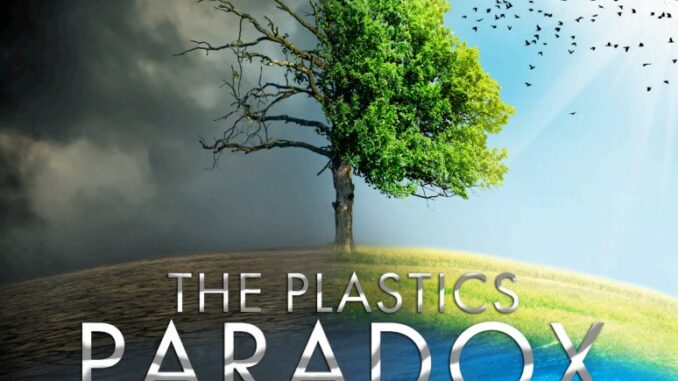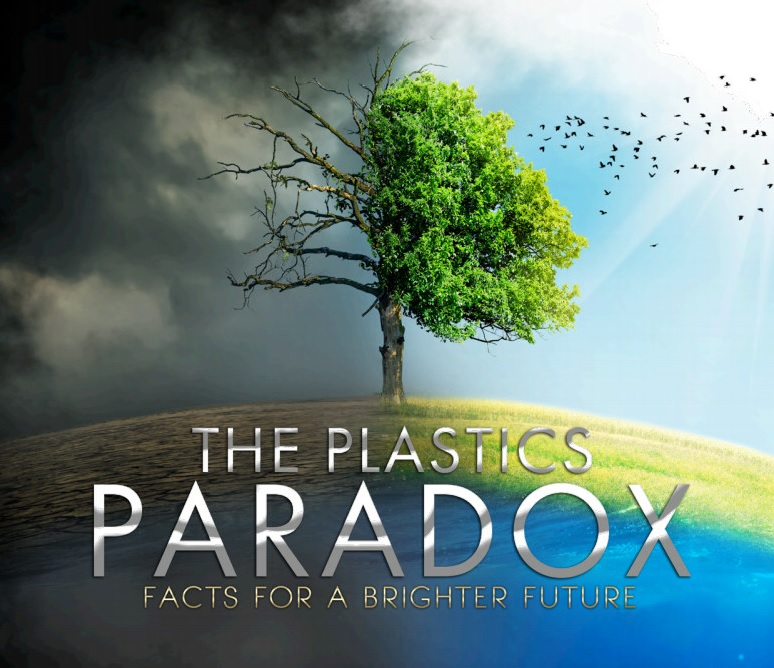

I once sat next to a young person on a plane. She took a nap and I glanced at a sticker on her laptop
that read: “Rise above plastics”. I had to smile at the naïvety. Why? Well, the sticker was made of plastic,
and so was the adhesive that held it on her laptop, which was also made of plastic. Her backpack was
made of nylon plastic, and so were her shoes. She had a PET plastic water bottle in her hand and was
cozied up in a polyester (plastic) blanket. In fact, the only thing I could see that wasn’t synthetic plastic
was her cotton jacket. Later, she woke up and started editing video clips made on her ABS plastic GoPro camera—in the video, she was swimming in the ocean in a rubber suit with plastic fippers on. She
had no idea that her life would not be possible without the very plastics she claimed to object to.
That incident made me think—there must be many people who are against plastic but who
don’t fully understand what it would mean to live without it. I have spent my whole career as a
plastic materials scientist, so to me it’s obvious, but how are the public supposed to know? In
fact, how can the public be sure of anything these days when extreme headlines go viral and
misinformation spreads at the speed of light?
You would think that eventually the truth would come out and public opinion would correct itself,
but scientists have studied that, and it turns out that the sensational lies spread faster and farther
than the truth. So, when the truth does fnally come out, it never catches up with the lie. Why
is that? Well, the truth is often not as exciting as the lie was.
Over the last decade or so, there has been a vocal campaign against plastics and the plastics
industry has done almost nothing to counter it. Perhaps they assumed it would go away. However,
it didn’t go away, so now we are ten years on and the public has made up their minds that plastics
are bad. Politicians make policies in response to that public opinion, and companies make policies
and even create new product lines to address the public’s demands. Progress is being made in the
war on plastics, and that must be a good thing, right?
[…]
I started downloading articles on plastic waste, litter, microplastics, and other related topics. I spent
a year reading several hundred articles so that I could present them to the teachers at my
kid’s school. Members of the public often make up their mind and then only read articles that
confrm what they already believe, but that’s not how a professional scientist works. I had to read
every article I could fnd and only then make up my mind, based on the evidence. It was a
preposterous amount of work, but that was the only way to get to the bottom of the matter.
You are about to see the evidence from scientists all around the world, as published in
peer-reviewed journals. I will cite their work and quote from the studies word-for-word to avoid
any “spin”. In this book, you will discover that everything you have been told about plastics and
the environment is a lie, and you will be left with a choice. Hopefully, you will take the real facts
and start fghting for a brighter future. Or, you can continue believing the lies you have been
told online, which means you will be fghting for changes that seriously harm, rather than help,
our environment. It’s that simple.
Leave a Reply